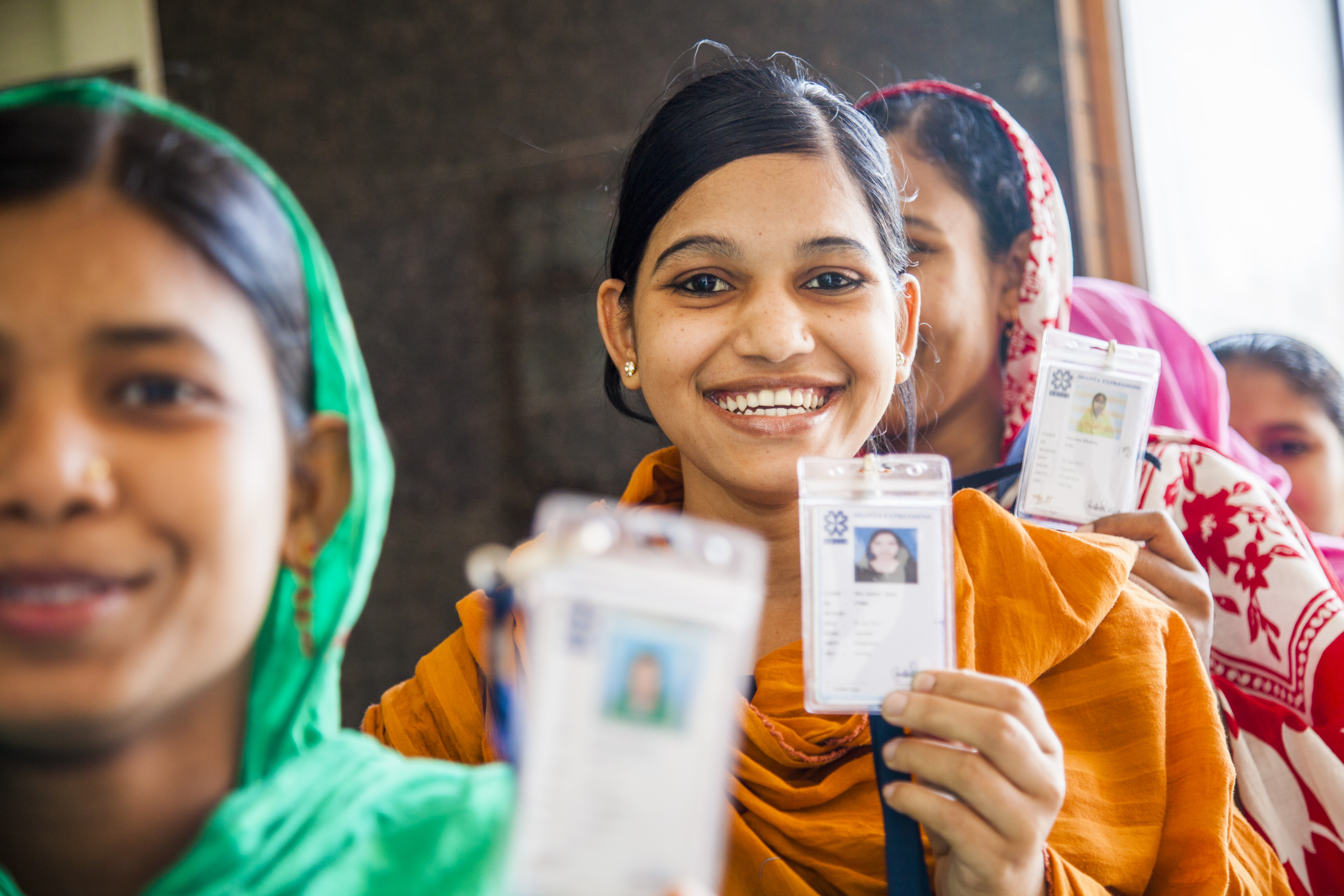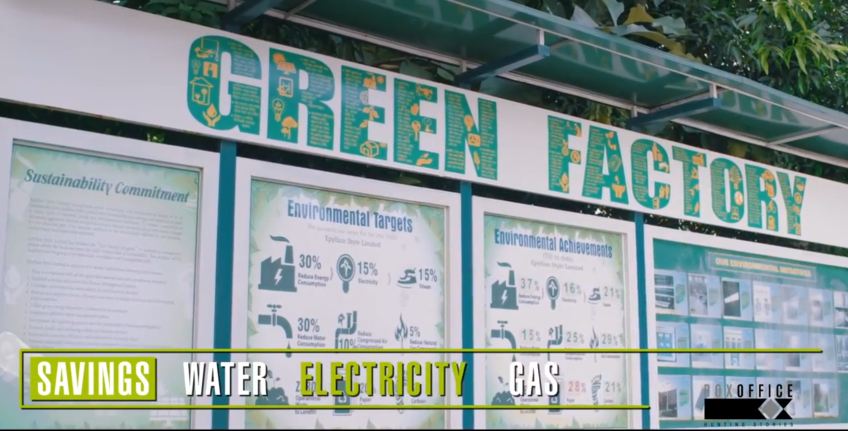The small-built man is busy sorting out T-shirts, checking them for defects and making sure they are stitched to perfection. He can neither hear nor speak. When approached, he points to the ID card around his neck which identifies him as Sajjad (hearing impaired), quality inspector appointed on 3 January 2010.
Sajjad works at the Keya knit composite factor of Keya Group. There are several speech and hearing impaired men and women working along with him at this factory. In fact, of the 6461 workers here, 966 are differently- abled. They have been working for years diligently alongside the other workers of the garment factory.


The Keya knit composite factory is located a few kilometers down a beaten road from Konabari, Gazipur. When we reached there on the morning of 19 May, we were greeted at the gate by hearing and speech impaired security guards.
A few workers are seen loading some old sewing machines onto a truck. Compliance manager Sohail Rana points out that they are all deaf and mute.
These disabled workers cannot be differentiated from the others. They communicate in sign language, though not all are mute and not all are deaf, said Keya Group senior executive director Akkas Ali Pathan.
Shefali Begum is stitching T-shirts on a machine. She says, “I’ve been working here for nine years and it has never been a problem working with the disabled. Sometimes they might have an outburst, but then we explain things and calm them down.”
She has picked up sign language too. She calls over hearing and speech impaired Mukta. Mukta looks up at us and then turns back to folding the sleeves of a T-shirt.
Rozina Khatun has been working for three years at the quality control department. Working alongside her are the disabled Murad and Abul Khair. She says she is pleased to work with them. They are pleasant and polite.











